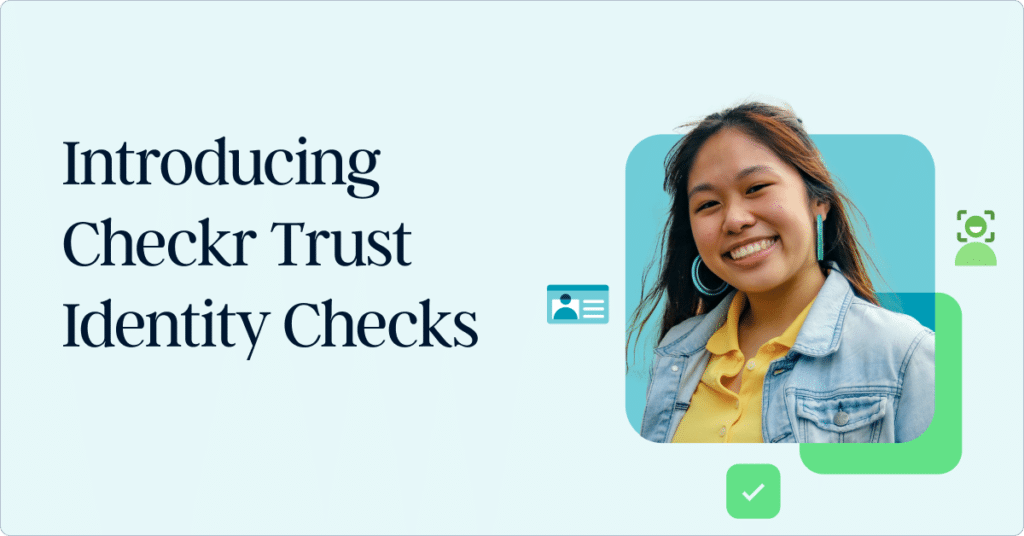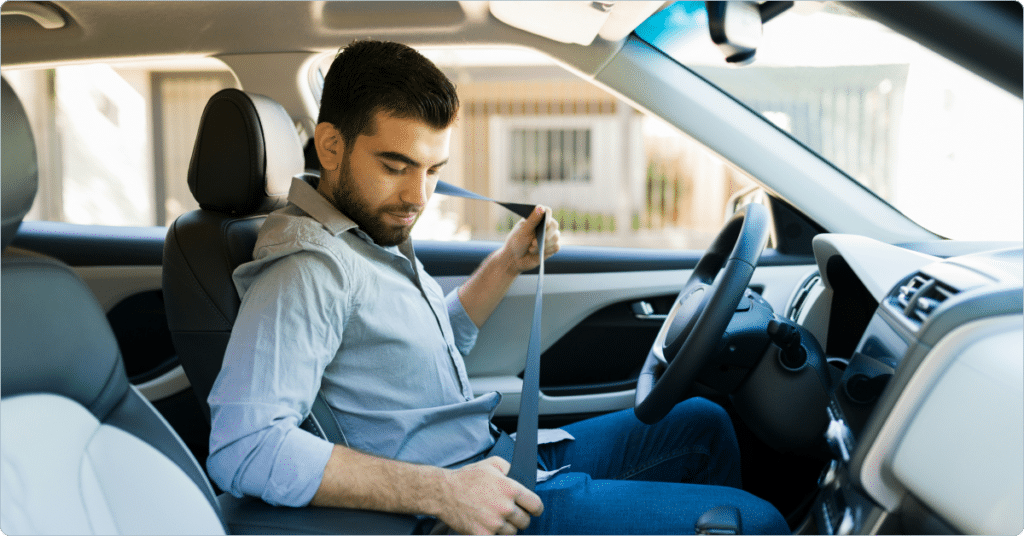Ensuring safety and security in online communities and marketplaces is of utmost importance. Obtaining accurate background information is vital in achieving these objectives, but it can be confusing to navigate what type of check should be done.
Are full-blown background checks performed by a consumer reporting agency necessary for hospital visitors? What about those requesting rides on rideshare apps? How do you improve safety on a dating platform? A virtual gaming community for kids?
This comprehensive overview will dive into the differences between Safety Screenings and what we call “background checks,” explore when to use each, and offer examples of appropriate usage. By the end of this article, you’ll be empowered to make well-informed choices that create safer and more secure environments.
Safety Screening versus background check: what’s the difference?
While both processes aim to gather information about an individual’s background, they differ in scope, purpose, and application. Understanding these differences is crucial for making informed decisions and selecting the most appropriate method for your specific needs.
Background check 101
What we’re calling a background check is a comprehensive investigation into an individual’s past and personal history. These are performed by a consumer reporting agency and can include a thorough examination of criminal records, credit history, employment history, and references. Background checks are federally regulated, especially when used for cases such as employment, and require a high level of accuracy.
Depending on the information gathered, background checks can take anywhere from minutes to days. While cost can vary greatly, a background check for employment, for example, can be up to $50 per check.
Safety Screening 101
On the other hand, Safety Screenings are a more targeted way to gather specific information to assess the risk individuals might pose to different communities or situations. Safety Screenings are often used in industries where quick decision-making is essential. They typically involve verifying an individual’s identity and checking for criminal records. Safety Screenings return results in seconds, cost a fraction of the price of traditional background check, and are designed to provide a rapid assessment of an individual’s risk profile.
When should you use a background check?
Background checks are typically more comprehensive than Safety Screenings and are used for certain use cases that fall under federal and state law. Such use cases include employment purposes, insurance underwriting, credit, and tenancy. These kinds of background checks are highly regulated.
In employment settings, background checks can help employers make informed hiring decisions by providing information about an individual’s criminal history, credit history, driving record, and references. This information can help employers assess an individual’s suitability for a particular role and mitigate potential risks to the company.
For certain real estate transactions, background checks are often conducted on potential buyers or tenants to assess their financial stability and rental history. Background checks can also help organizations ensure the safety of their volunteers and the individuals they serve. This is especially important for those that work with children or vulnerable populations.
It’s important to note that the specific requirements for background checks can vary depending on the jurisdiction and the purpose of the check. It is always advisable to consult with legal counsel or a background screening provider to ensure compliance with applicable laws and regulations.
When should you use a Safety Screening?
Safety Screenings are a quick, efficient, and scalable way to vet individuals. They can be used to protect your online marketplace or community, improve Trust & Safety measures on your platform, and verify that users are who they say they are.
Safety Screenings typically only involve a few basic checks, like a criminal background check, a sex offender registry check, and ID verification. This allows them to be much more affordable and near-instantaneous. They’re ideal for communities or businesses that want to conduct a high volume of checks, reduce wait times, and minimize friction during user onboarding.
- Imagine someone checks in at the front desk of an apartment complex to visit a friend or family member, only to find out that they must wait anywhere from one hour to 3 days before they are cleared to enter.
- Imagine the same scenario on a dating app, and also think about how much it would cost for the platform to run a background check on each of its potential thousands of users.
- Think about how many trips rideshare drivers complete, and how much safer they might be if their riders underwent a quick screen.
In these instances, Safety Screenings create a more seamless user experience, significant cost savings for the business, and lower-risk situations.
Below are examples of scenarios where Safety Screenings would be a great option:
- Online dating
- Rideshare apps (screen riders to protect drivers)
- Visitor management systems (schools, hospitals, offices, etc.)
- Caregiving platforms (screen residents of a home to protect caregivers)
- Car rentals
This is by no means an exhaustive list. Not sure if Safety Screenings are right for you? Our team would be happy to connect with you to provide more information.
Checkr Trust’s Safety Screening solution
Our Safety Screening offering enables businesses and platforms to make informed safety decisions. Checkr Trust offers access to over 10,000 trusted criminal data sources that cover more than 98% of the US population. Seamlessly integrate this data into your platform via our APIs with the support of our solutions team.
Ready to create safer communities and marketplaces? Get in touch today.






